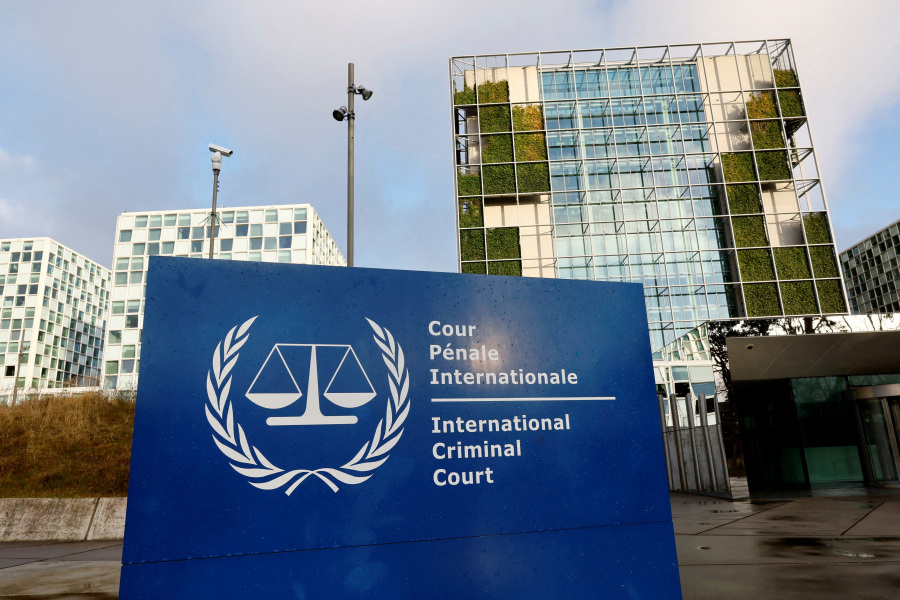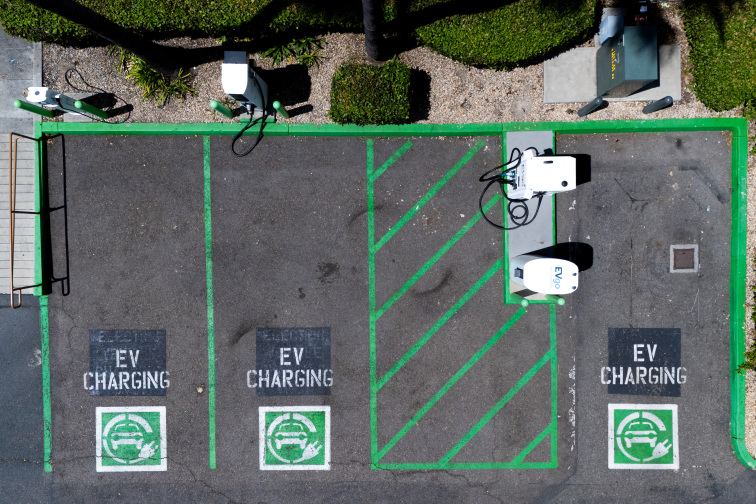WASHINGTON/THE HAGUE (Reuters) -President Donald Trump's administration on Wednesday imposed sanctions on two judges and two prosecutors at the International Criminal Court, as Washington ramped up its pressure on the war tribunal over its targeting of Israeli leaders and a past decision to investigate U.S. officials.
In a statement, U.S. Secretary of State Marco Rubio called the court "a national security threat that has been an instrument for lawfare" against the United States and Israel.
Washington designated Nicolas Yann Guillou of France, Nazhat Shameem Khan of Fiji, Mame Mandiaye Niang of Senegal, and Kimberly Prost of Canada, according to the U.S. Treasury and State Department. All officials have been involved in cases linked to Israel and the United States.
"United States has been clear and steadfast in our opposition to the ICC’s politicization, abuse of power, disregard for our national sovereignty, and illegitimate judicial overreach," Rubio said.
The second round of sanctions comes less than three months after the administration took the unprecedented step of slapping sanctions on four separate ICC judges. It represents a serious escalation that will likely impede the functioning of the court and the prosecutor's office as they deal with major cases, including war crime allegations against Russia over its invasion of Ukraine.
ICC, which had slammed the move in June as an attempt to undermine the independence of the judicial institution, and the office of the prosecutor, did not have immediate comment.
ICC judges issued arrest warrants for Israeli Prime Minister Benjamin Netanyahu, former Israeli defense chief Yoav Gallant, and Hamas leader Ibrahim al-Masri last November for alleged war crimes and crimes against humanity during the Gaza conflict.
In March 2020, prosecutors opened an investigation in Afghanistan that included looking into possible crimes by U.S. troops, but since 2021, it has deprioritized the role of the U.S. and focused on alleged crimes committed by the Afghan government and the Taliban forces.
The ICC, which was established in 2002, has international jurisdiction to prosecute genocide, crimes against humanity, and war crimes in member states or if a situation is referred by the U.N. Security Council.
Although the ICC has jurisdiction over war crimes, crimes against humanity, and genocide in its 125 member countries, some nations, including the U.S., China, Russia, and Israel, do not recognise its authority.
It has high-profile war crimes investigations under way into the Israel-Hamas conflict and Russia's war in Ukraine, as well as in Sudan, Myanmar, the Philippines, and Venezuela.
The sanctions freeze any U.S. assets the individuals may have and essentially cut them off from the U.S. financial system.
Guillou is an ICC judge who presided over a pre-trial panel that issued the arrest warrant for Netanyahu. Khan and Niang are the court's two deputy prosecutors.
Netanyahu's office issued a statement welcoming the U.S. sanctions.
Canadian Judge Kimberly Prost served on an ICC appeals chamber that, in March 2020, unanimously authorized the ICC prosecutor to investigate alleged war crimes and crimes against humanity committed in Afghanistan since 2003, including examining the role of U.S. service members.
Global Affairs Canada and the office of Canadian Foreign Affairs Minister Anita Anand did not immediately respond to requests for comment on the ICC sanctions, including against Prost.
The Trump administration's dislike of the court goes back to his first term. In 2020, Washington imposed sanctions on then-prosecutor Fatou Bensouda and one of her top aides over the court's work on Afghanistan.
(Reporting by Humeyra PamukAdditional reporting by Ryan Jones, Katharine Jackson and Daphne Psaledakis and Anthony Deutsch in The HagueEditing by Rod Nickel)











News magazine bootstrap themes!
I like this themes, fast loading and look profesional
Thank you Carlos!
You're welcome!
Please support me with give positive rating!
Yes Sure!